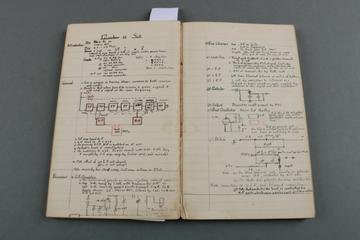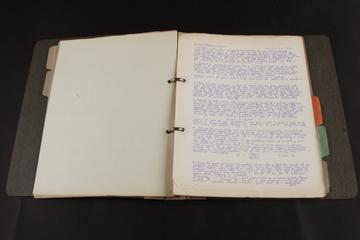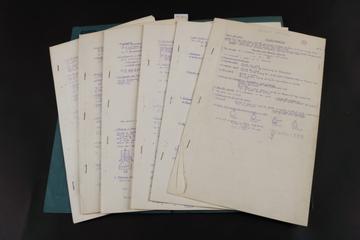
Chew, Victor Kenneth 1915 - 2008
- Nationality:
- English; British
(1915-2008), schoolmaster and museum curator
Victor Kenneth Chew, born on the 9th January 1915 in London, was educated at Christ’s Hospital where the teaching of science at that time was influenced by the heuristic or discovery method advocated by Professor Henry Edward Armstrong, who was the chairman of the school education committee. This method encouraged pupils to find out for themselves in the laboratory rather than learn by a "talk and chalk" method.
Chew taught physics at King's School, Rochester, Winchester College and Shrewsbury School. In 1958 he had taken up the position of as assistant keeper in the physics department of the Science Museum in London and from 1970-1978 Chew was the keeper of the physics department. Initially he had charge of the acoustics collection and the associated vibrations and wave motion section, for which he devised demonstrations that operated automatically at the touch of a button. He became an acknowledged leader in this field.
Chew studied the collection of phonographs and gramophones, which led to a publication of the Science Museum book 'Talking Machines' in 1967, which is still one of the most reliable and succinct accounts of the early years of the gramophone. In 1977, to mark the centenary of Edison's invention of the phonograph, Chew organised a special exhibition at the Science Museum, which included more than 100 objects from the EMI collection.
In 1968 Chew published 'Physics for Princes' a Science Museum illustrated booklet which featured items from the George III collection. The core of this collection consisted of instruments which had been used to teach physics to the Prince of Wales, later George III, but Chew felt that the museum should also deal with science teaching on a broader front and therefore established a new Science Teaching Collection. Chew died on the 7th May 2008.

